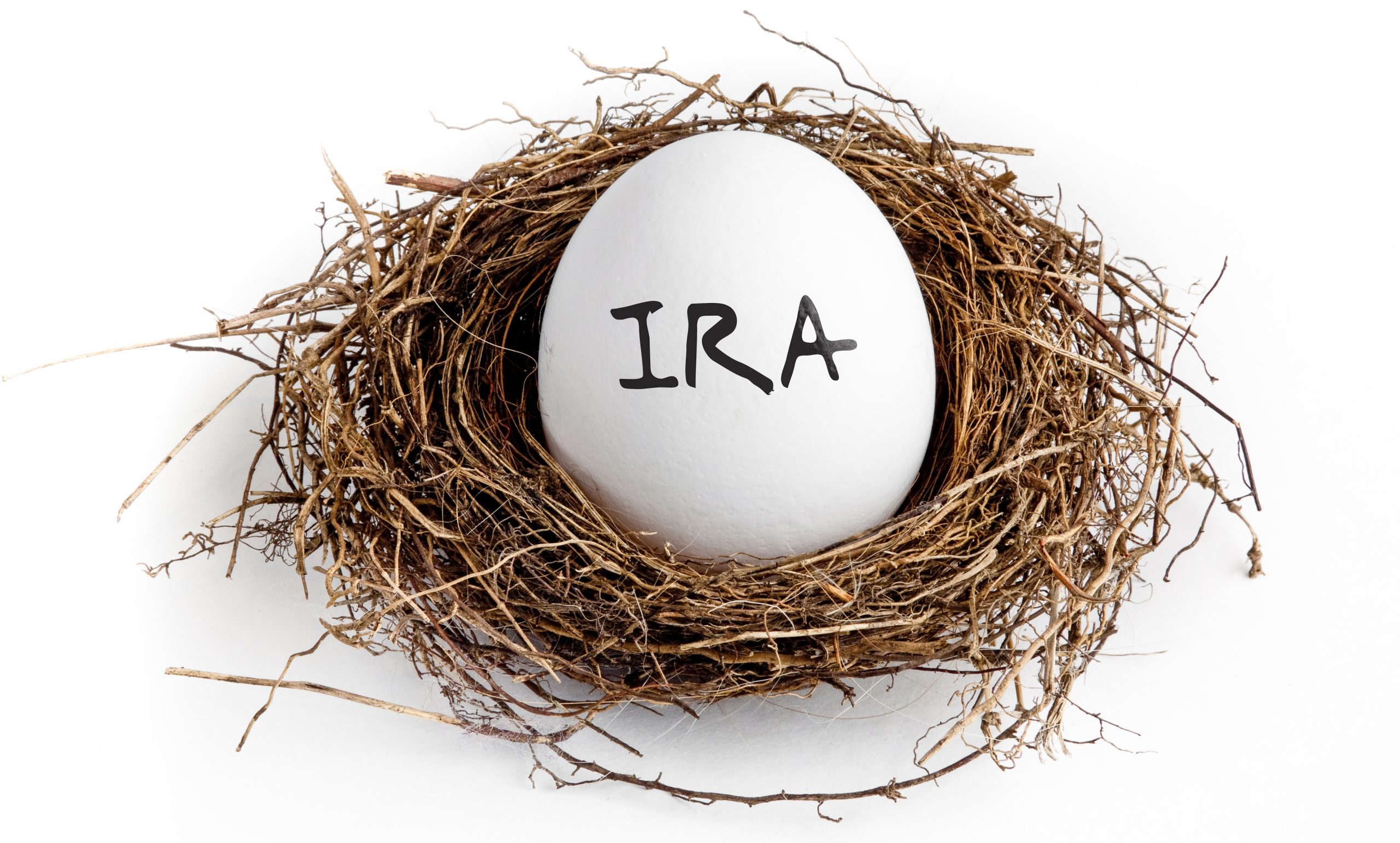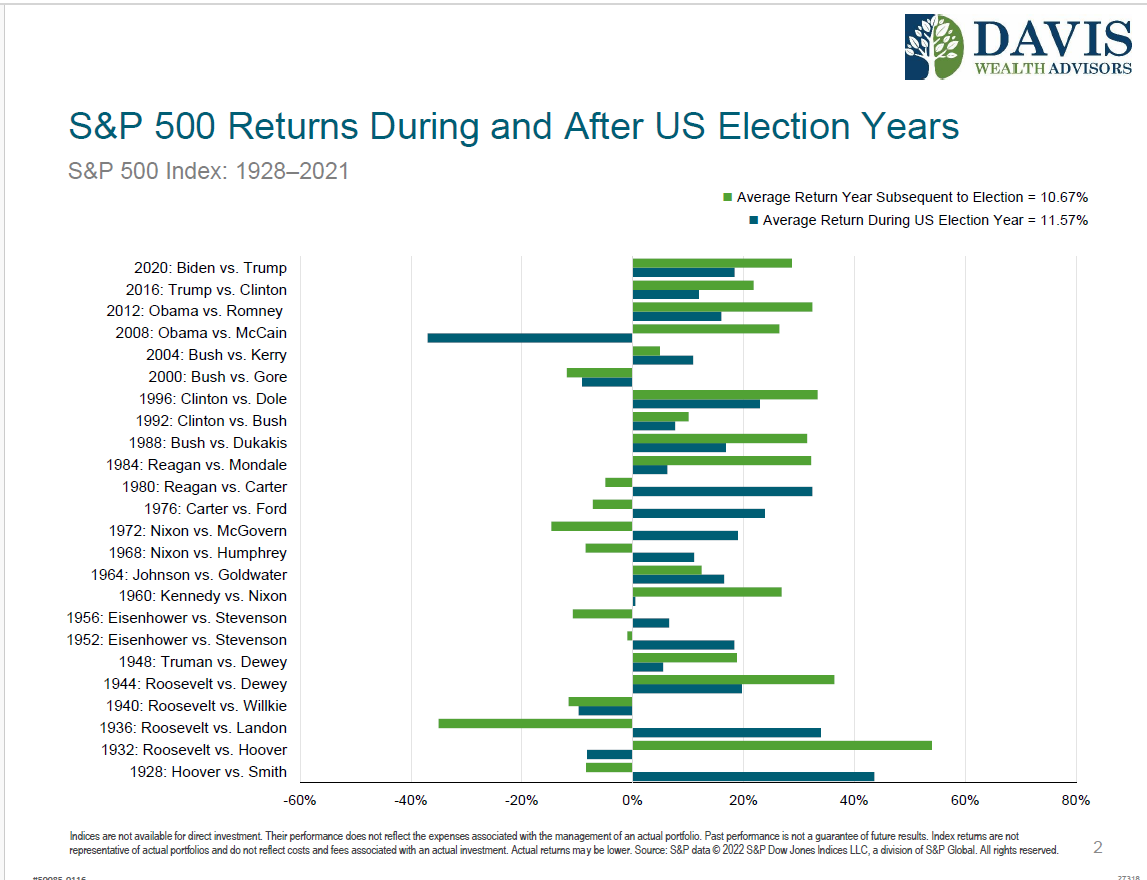 Most people think pensions are extinct, but there are still several companies that offer the benefit to long-time employees. Many people are not sure of the questions to ask or things to consider when choosing the right pension benefit option for them and their family. You typically have the choice of single-life or joint and survivor benefit. Under single-life, if the pension owner dies, the payment ends. Under a joint and survivor benefit a couple would receive a lower initial payment, but the pension owner’s spouse would receive a survivor’s benefit if he or she died first. These choices will impact whether your family will be financial secure and should be carefully evaluated. Here are some things to contemplate when making the right choice for you.
Most people think pensions are extinct, but there are still several companies that offer the benefit to long-time employees. Many people are not sure of the questions to ask or things to consider when choosing the right pension benefit option for them and their family. You typically have the choice of single-life or joint and survivor benefit. Under single-life, if the pension owner dies, the payment ends. Under a joint and survivor benefit a couple would receive a lower initial payment, but the pension owner’s spouse would receive a survivor’s benefit if he or she died first. These choices will impact whether your family will be financial secure and should be carefully evaluated. Here are some things to contemplate when making the right choice for you.
- Does the pension have a cost of living or inflation adjustment? What might seem like a lot of money today won’t buy as much 20 years from now. At 2% inflation, a $30,000 car today will cost $ 44,578 in 20 years. If there is no inflation adjustment, you will need to have other assets invested for growth to keep pace with inflation.
- Are you or your spouse eligible for Social Security? Some pensions, such as the Railroad Retirement, include their own benefit in place of social security. Some teacher’s retirements are ineligible for social security, depending on what state you teach in. I had a couple I was developing a financial plan for where the husband had a pension and was eligible for Social Security, and the wife was a teacher. She had a pension also, but was ineligible for Social Security. If the husband pre-deceased his wife, she would lose his Social Security payment. It was important we chose a pension option for him where the survivor benefit would leave her with enough income to meet their goals if something unexpected happened. If he had chosen the single-life, 100% payout with no spousal benefit because it was a higher payout, her income would have been cut by more than half (she would have had none of his Social Security or pension benefit).
- Do you have the option to take a lump sum distribution of your pension and roll it into your IRA? If you do have this option, why would you take it?
- You may be worried about the financial stability of the company and their ability to meet their pension obligations.
- You may be able to use an annuity to get a better guaranteed payout outside of the pension.
- You may want the freedom to choose your own investment options and opportunity to grow the lump sum.
- You may have more options to leave what you don’t need or don’t use to beneficiaries.
- Understand if there is any benefit to waiting to take your benefit or to working longer that would substantially increase your future income. Many pensions will increase your benefits the longer you work, or use an average of your last 3-5 years of income to determine your payout. If your income is increasing, working an additional year or two may make a significant difference to your payout. Even if you have stopped working, the benefit may increase the longer you delay payment. This isn’t always the best option. You will need to see what works best for you considering all your retirement income options.
No one wants to think of their life being cut short, but most people want to make sure their family is protected if it is. Ask yourself the question, if you passed early in your retirement, would your choices leave your spouse enough income to live comfortably and cover the increasing costs of healthcare? Choosing a spousal benefit that will protect your spouse in case something unexpected happens is extremely important. If you have any questions or need help making these decisions, please send me an e-mail at melinda@daviswealthadvisors.net.




